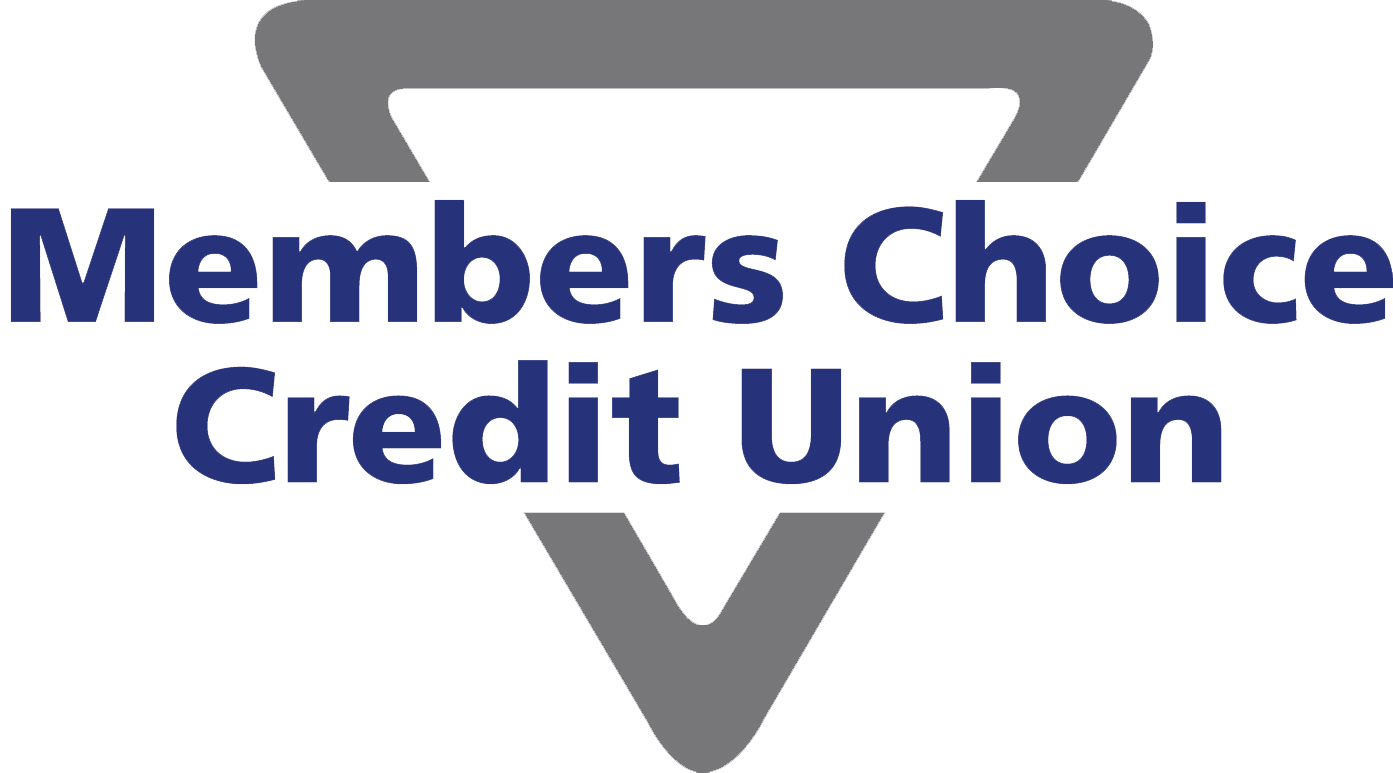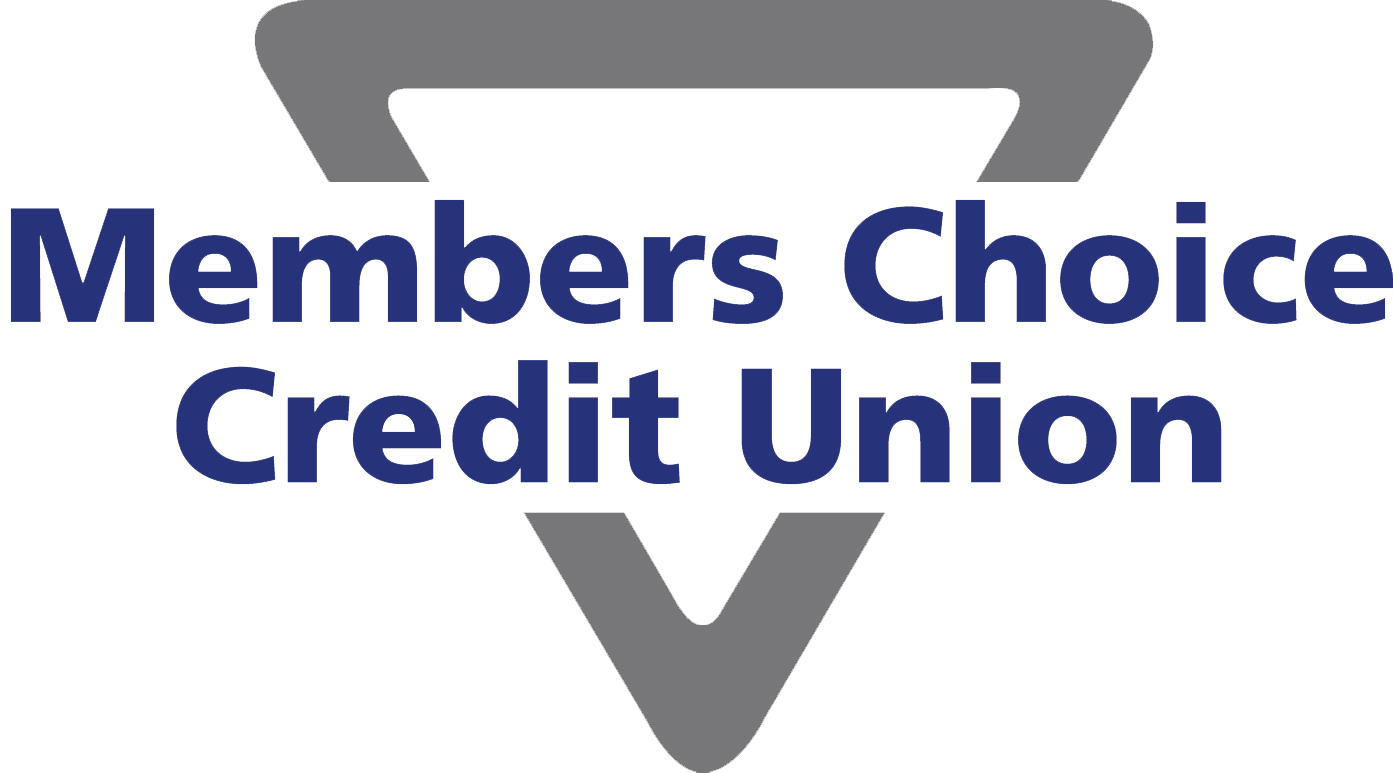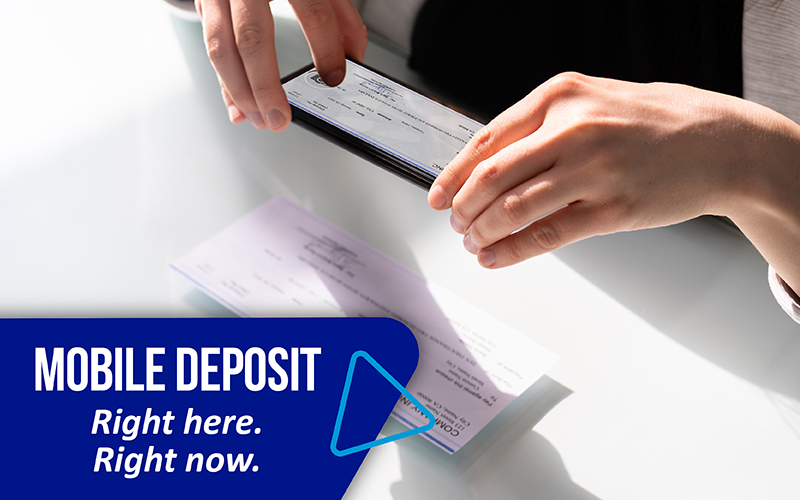Credit Cards Or Debit Cards – What’s The Smartest Swipe?
Most people own at least one debit card and one credit card. They know they have them but may need help understanding all the differences between credit and debit cards.
Believe it or not, there are many. The most fundamental difference is that you're borrowing money each time you use a credit card. A debit card, on the other hand, simply transfers your own money from your checking account to the vendor you're paying.
When you use your credit card, your credit union is lending you money, which you'll need to pay back along with interest. A debit card takes funds directly from your account, similar to how checks do, only quicker. Some processing terminals require a PIN, and some require a signature.
Both credit and debit cards are convenient, quick and easy. They're also safer than cash because cash cannot be replaced if lost or stolen.
Which one should you use? The answer depends largely upon your lifestyle.
Budgeting
Credit cards allow you to buy now and pay later. Unfortunately, this can turn into a nightmare because of the obvious financial pitfalls in being able to purchase things you don't have the money for now. If you think you'll be tempted to overspend, you may need more than regular credit card use.
However, it's nearly impossible to incur thousands of dollars of debt through debit card usage. Most credit unions will cover purchases that put your account into the red, but only up to a few hundred dollars. If this happens, you're accountable for your assets and charged an overdraft fee.
Safety
The convenience of debit cards can make fraud more likely. Debit card theft or fraud can quickly drain your account unless reported promptly. Credit card companies are held to strict liability laws: Consumer liability for credit card fraud is limited to $50. Suppose you register suspicious charges in a written request within 60 days. In that case, the company must investigate and restore the funds to your account if the costs are fraudulent.
For debit card fraud, your liability is $50 if you notify the credit union within two days of seeing the fraudulent charges. After two days, your liability increases to $500. If you report the activity 60 days or more after it happened, you may be liable for all of it. Although many credit unions have implemented voluntary plans to limit customer liability to $50, no federal law requires them to do so. [In fraudulent debit card activity cases, Credit Union follows a general policy of…]
In addition to stricter liability laws, credit cards offer consumer protection on purchases. You can always cancel a charge if you are the victim of an online scam or bought something that was never delivered or wasn't what you expected. This makes credit cards the ideal choice for large or fragile purchases that will be delivered to your home for additional insurance on the investment.
Rewards
One major draw for credit cards is the points awarded for purchases. That's a decisive advantage over debit cards. The ability to earn airline miles and the lure of a possibly free flight are attractive to many consumers. Of course, you may be paying for those miles with a high-interest rate or an annual fee.
Stay away from the points. Research each card carefully to ensure you're getting your money's worth.
Credit History
Another essential benefit to using a credit card is establishing or restoring a positive credit history. Debit card usage may encourage responsible spending, but your credit card usage is a significant factor in measuring your credit score. Occasionally using a credit card and paying your bill on time can improve your credit rating. This, in turn, enhances the likelihood of earning favorable terms for home, auto, and personal loans.
Annual Fees and Interest
A substantial disadvantage of credit cards is the money you spend to keep them. Some cards charge an annual fee, and the interest on your credit card bill can easily be a third of your payment or more. If you've overspent one month and cannot cover the entire amount due, you may need to pay only the minimum price. More of your payment will soon go toward interest than lowering your bill. This makes the following amount higher, and again you'll be paying a significant portion toward interest. This is often how credit card debt spirals. Interest becomes a considerable hurdle, making it nearly impossible for consumers to make headway.
If you think you need more time to pay your bills, keep credit card usage to a minimum.




